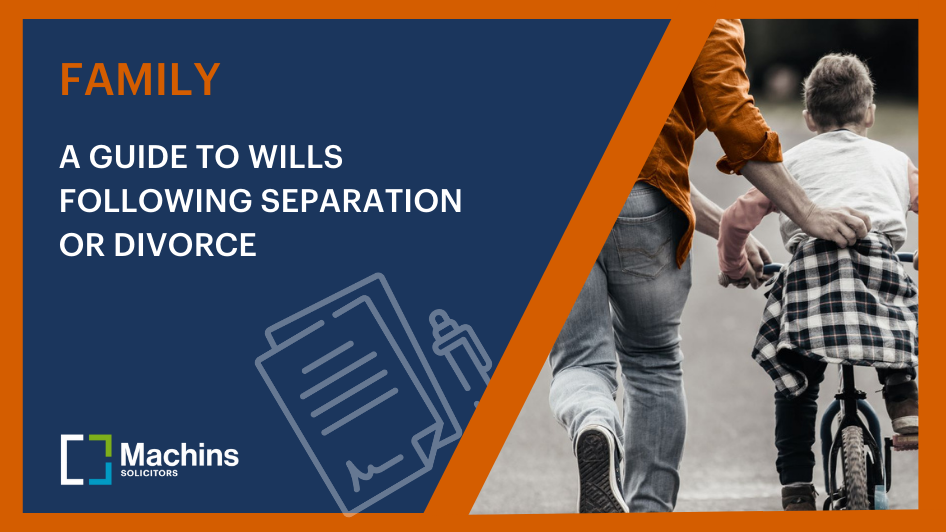What are the first steps when someone has died?
1. Register the death
The person arranging the funeral, the Executor/s or someone present at the death are all examples of people entitled to register the death. You will need to make an appointment at your local registry office and you will need to take the doctors medical certificate with you as well as basic information about the deceased. You can purchase as many copies of the death certificate as you want at the appointment. We recommend that you obtain several.
2. Arrange the funeral
After you have registered the death you will be given a form to pass on to your chosen funeral directors. You should make an appointment with the funeral directors to discuss your requirements and to set a date for the funeral service.
3. Locate the original will
If you believe the deceased made a will, then a physical search of the paperwork held by the deceased may reveal a copy or the original. If a copy is found, it will often contain a clue where the original might be found, such as the name of the firm of solicitors who drafted it. If a will is not found, it is worth contacting the local solicitors and will writers to see if they are holding a will for the deceased. It is possible to pay for a national search and in this respect, the following link may be useful. https://www.nationalwillregister.co.uk/aboutwillsearch.aspx
4. Seek legal advice
We suggest that at this stage you seek legal advice as the following issues will need to be addressed;
- If no will is found, the Intestacy Rules will need to be applied to work out who the beneficiaries are and who is entitled to deal with the estate.
- If a will has been found, it will name Executors who are the people entitled to deal with the estate. Advice may be required as to the interpretation of the will particularly if it contains trusts or names Executors or beneficiaries have predeceased the deceased, are missing or have lost mental capacity.
- If there is a disgruntled family member who may bring a claim, the Executors need to know the correct protocol to follow.
- If a Grant of Probate is required then an HMRC Inheritance Tax form needs to be completed. As the HMRC can (and do) fine individuals for failing to take proper care in completing tax forms, this is one area where expert advice is highly recommended. At Machins, we make sure you are claiming all possible tax exemptions available to the estate including post-death tax planning.
If you are an Executor or Personal Representative you will be responsible for;
- paying the deceased’s liabilities
- informing third parties of the death
- collecting in the assets (e.g closing bank accounts, transferring or selling property)
- paying the legacies to the beneficiaries
- completing IHT and Self Assessment tax forms for the deceased
- keeping estate accounts and making them available to the residuary beneficiaries
At Machins, we can give you peace of mind by advising you on what steps you should be taking and assisting you in taking them.

















